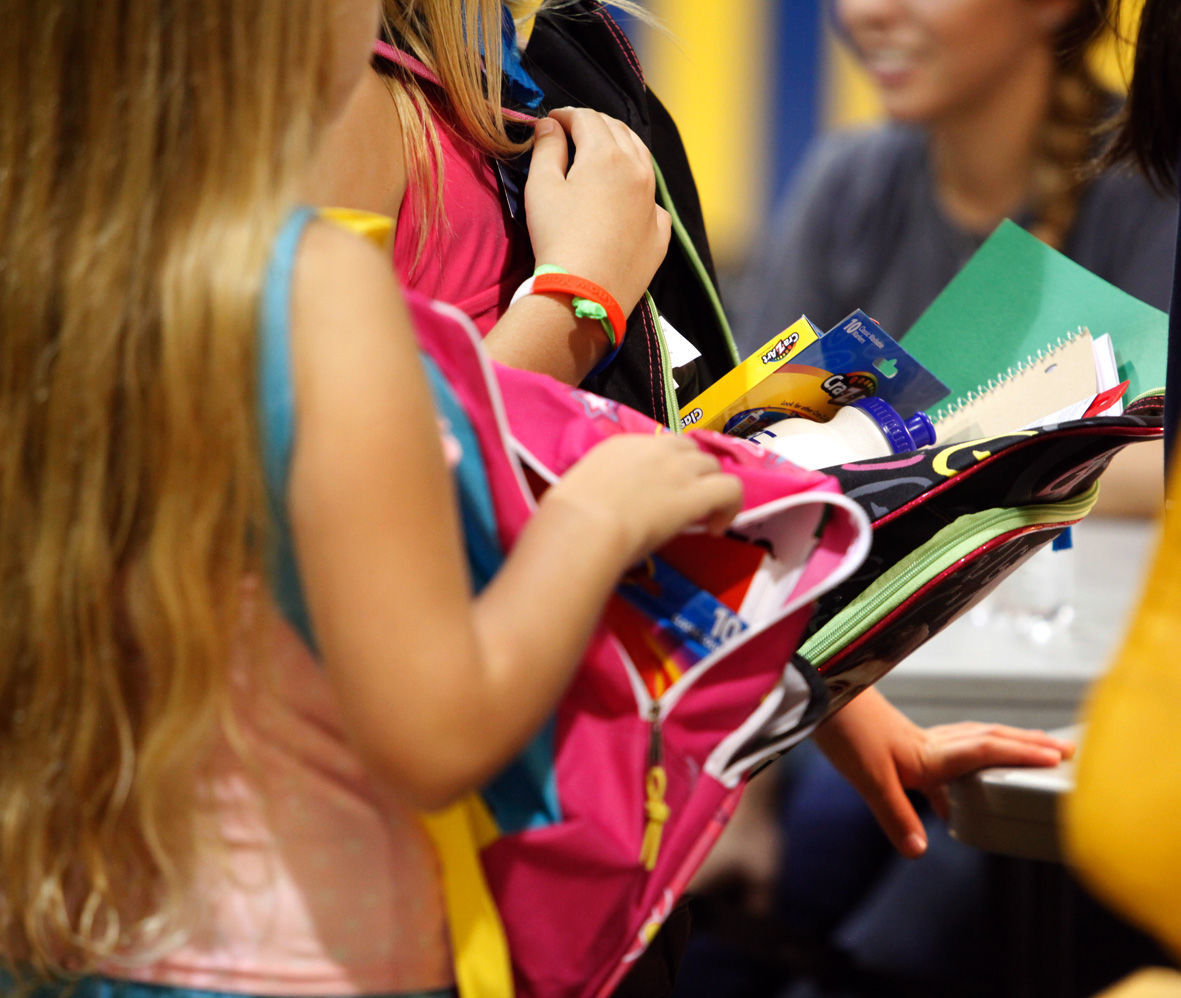PHOENIX — Saying it will help parents, a Scottsdale lawmaker is proposing a sales tax holiday of sorts every summer to give parents a break on school supplies.
Republican Rep. Jay Lawrence said he hopes to save “a little bit of money for moms and dads” who have to buy items ahead of each school year.
“Everything you use for school, crayons, pencils, papers, computers,” he said of his list of items that would be exempt from state and local taxes. “Everything that is a legitimate school supply.”
Lawrence estimated the loss of state dollars for the two-week holiday at $5 million to $7 million, with the cap on tax-exempt sales limited to $100.
That, however, does not include lost local revenues.
With that $100 cap, the savings to an individual family in avoiding the state’s 5.6% sales tax would be $5.60 — and potentially more if lawmakers also bar cities from collecting their own taxes.
It also presumes that only parents are taking advantage of the program: Nothing in his initial idea would preclude others, with or without children in school, from waiting for the holiday to buy a new computer or other office supplies. And there is nothing to prohibit anyone from going store to store to get around the $100 limit.
But Julie Erfle, who has been active in efforts to gain new funding for schools, said that, loopholes or not, the whole idea is bad, even if it could somehow be limited to parents with children.
“If the Legislature funded education properly, parents and teachers likely wouldn’t need to spend hundreds of dollars on school supplies,” she said. Erfle said the priority should be to restore K-12 funding to where it was before the recession, accounting for inflation and student growth.
“I mean, you’re talking about pennies here,” she said.
Lawrence said he is not looking to promote a wide-open chance for Arizonans to avoid taxes.
It starts, he said, with that $100 limit. And, unlike some other states, it would not include clothing.
Lawrence also said he sees no reason to make the tax break available only to those below a certain income. The issue, he said, is practicality.
“You’re not going to check the earnings of everyone who walks in to buy school supplies for their children,” Lawrence said. “You can’t do that.”
Lawrence said he recognizes concerns of people like Erfle who worry about having adequate state funding for schools. He said he also is crafting legislation to provide additional dollars — there is no specific number in mind — to schools that can be used “only for the classroom.”
Those dollars, Lawrence said, will have strings on it.
“People don’t realize that the school boards have the responsibility,” he said. While the state provides the dollars “school boards determine where it’s going to go.”
“I want to take some of that out of their purview so that they have no choice,” Lawrence said. “It must go to the classroom.”
The idea of a tax holiday is not new.
In 2006, for example, Sen. Dean Martin, R-Phoenix, proposed a one-week holiday from state sales taxes for the purchase of up to $1,000 of school supplies. But it failed to get out of the Senate amid bipartisan opposition even though then-Gov. Janet Napolitano, a Democrat, had called for such a plan in her State of the State speech.
“If the point of a sales tax holiday is to help families, I think this would be much more effective through broad-based tax relief,” said Sen. Linda Gray, R-Glendale, in voting against the plan. “Government should not be in the business of choosing favored classes of preferred behaviors and rewarding a few with lower taxes.”
And Sen. Bill Brotherton, D-Phoenix, complained that the holiday would provide little relief to people who don’t have the resources to buy all their supplies within the seven-day period when no taxes would apply.
The idea also is not unique.
According to The Tax Foundation, 16 states have a sales tax holiday this year. Most of the no-tax dates are in the summer, though Alabama has a three-day holiday in February.
But the organization suggests the idea may be falling out of favor.
It says that Wisconsin, which tried the idea one time, opted not to continue the plan. And Louisiana suspended its own sales tax holiday program in 2018.
And the Tax Foundation is no fan.
An analysis it prepared of such programs concluded that these holidays do not promote economic growth or significant increase consumer purchases.





